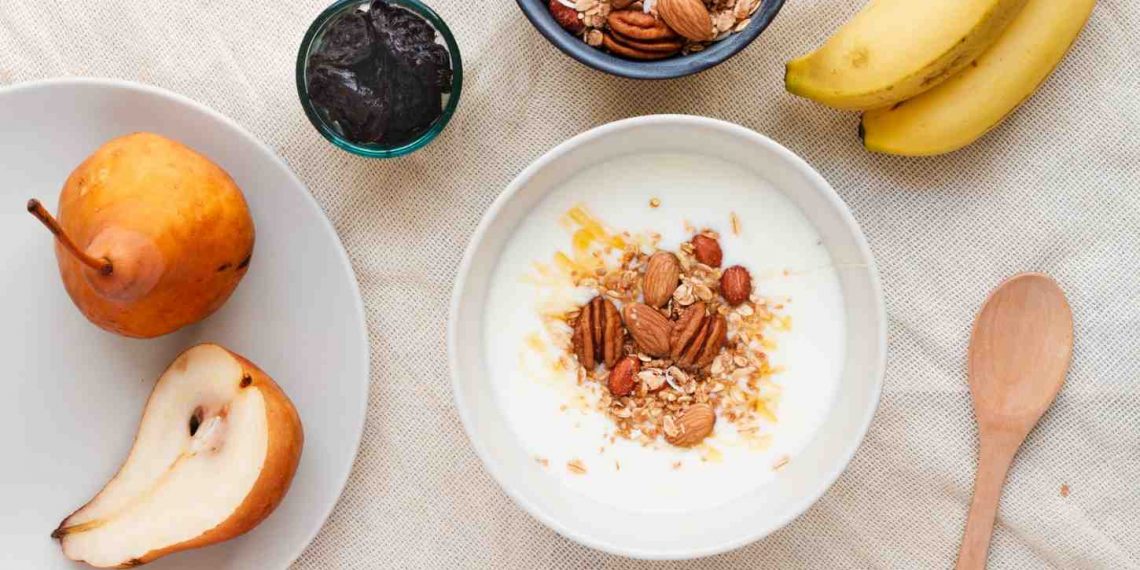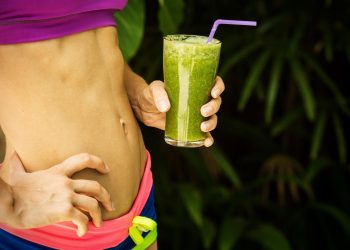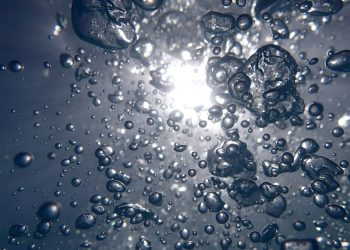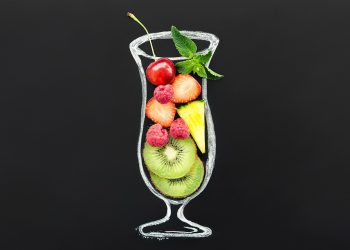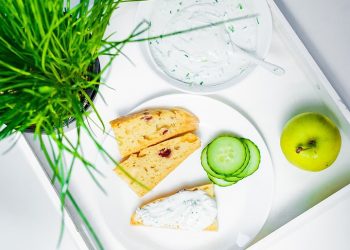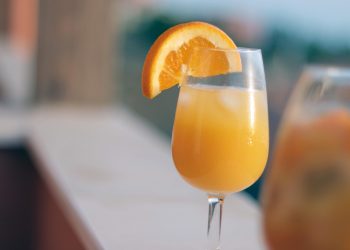Contents
5 Nutritious Snacks to Alleviate Muscle Cramps Fast
Have you ever been in the middle of a workout or even just relaxing on the couch when a muscle cramp strikes? It’s like your body suddenly decides to play a cruel joke on you. If you’ve been there, you know how frustrating and painful those cramps can be. But did you know that what you eat can play a significant role in both preventing and alleviating those pesky muscle cramps?
Let’s dive into five nutritious snacks that can help ease muscle cramps quickly, so you can get back to your day without the interruption of muscle spasms.
Understanding Muscle Cramps
Before we jump into the snacks, it’s worth understanding what muscle cramps are. Muscle cramps are involuntary contractions of one or more muscles, and they can occur for various reasons, including dehydration, electrolyte imbalances, and overexertion. While they can happen to anyone, athletes and physically active individuals are particularly prone to them.
But here’s the good news: certain nutrients can help prevent cramps and even alleviate them when they occur. So, let’s explore some delicious snacks that can keep those cramps at bay!
1. Almonds
Why They Work
Almonds are packed with magnesium, a mineral that plays a vital role in muscle function. Research has shown that magnesium deficiency can lead to increased muscle cramps (Wang et al., 2015). Just a handful of almonds can provide about 76 mg of magnesium, which is roughly 19% of the daily recommended intake.
Snack Ideas
- Almond Butter Toast: Spread almond butter on whole-grain toast with banana slices for an energy-boosting snack.
- Almond Trail Mix: Combine almonds with dried fruits and dark chocolate for a sweet and salty treat.
Pros and Cons
Pros: High in healthy fats, protein, and fiber. Easy to carry and consume on the go.
Cons: Caloric density means portion control is important.
2. Greek Yogurt with Bananas
Why They Work
Greek yogurt is not only a great source of protein but also contains calcium, potassium, and magnesium—all of which are essential for muscle function. Bananas are particularly known for their high potassium content, which helps prevent cramps. Just one medium banana offers about 422 mg of potassium!
Snack Ideas
- Banana Yogurt Parfait: Layer Greek yogurt with sliced bananas and a sprinkle of granola.
- Smoothie: Blend Greek yogurt with bananas, spinach, and almond milk for a refreshing drink.
Pros and Cons
Pros: High in protein and probiotics for gut health. Quick and easy to prepare.
Cons: Some may find dairy difficult to digest, leading to bloating.
3. Spinach and Cheese Wrap
Why They Work
Spinach is a powerhouse of nutrients, containing high levels of magnesium and potassium. When paired with cheese, which adds calcium, you get a nutrient-rich snack that can help keep cramps at bay.
Snack Ideas
- Wrap it Up: Spread cream cheese on a whole-grain tortilla, layer with fresh spinach, and roll it up.
- Spinach Salad: Toss fresh spinach with feta cheese, cherry tomatoes, and a drizzle of olive oil for a quick salad.
Pros and Cons
Pros: Full of vitamins and minerals. Tasty and satisfying.
Cons: Some cheeses can be high in sodium, so choose wisely.
4. Edamame
Why They Work
Edamame, or young soybeans, are rich in protein and packed with potassium, magnesium, and calcium. A cup of cooked edamame contains about 676 mg of potassium, making it a fantastic snack for muscle health.
Snack Ideas
- Simple Snack: Steam edamame and sprinkle with sea salt for a quick, savory treat.
- Edamame Hummus: Blend edamame with tahini, lemon juice, and garlic for a tasty dip.
Pros and Cons
Pros: High in protein and fiber, making it filling. Versatile and can be used in various dishes.
Cons: Some may have soy allergies or sensitivities.
5. Coconut Water
Why It Works
Coconut water is often referred to as nature’s sports drink. It’s rich in electrolytes, especially potassium and sodium, making it an excellent choice for rehydration after exercise. A cup of coconut water contains about 600 mg of potassium.
Snack Ideas
- Post-Workout Drink: Enjoy it straight after a workout for a quick electrolyte boost.
- Smoothie Base: Use coconut water as a base for smoothies, blending it with fruits like pineapple and mango.
Pros and Cons
Pros: Natural source of hydration and electrolytes. Refreshing and low in calories.
Cons: Some brands may contain added sugars, so check the labels.
FAQs
1. How can I prevent muscle cramps during exercise?
Stay well-hydrated and ensure you’re getting enough electrolytes, particularly potassium, magnesium, and calcium. Incorporating the snacks mentioned above into your diet can also help.
2. What should I do when I get a muscle cramp?
Gently stretch the affected muscle and apply heat or ice as needed. Consuming one of the snacks listed can also provide relief.
3. Are there any other foods that help with muscle cramps?
Yes, other foods rich in potassium (like sweet potatoes and oranges) and magnesium (like dark chocolate and whole grains) can also be beneficial.
4. Can dehydration cause muscle cramps?
Absolutely! Dehydration can lead to an electrolyte imbalance, increasing the risk of muscle cramps. Drinking enough fluids, especially when exercising, is crucial.
Conclusion
Muscle cramps can be a real pain—literally! But by incorporating these nutritious snacks into your diet, you can help alleviate and even prevent them. Whether you choose the crunchy goodness of almonds or the refreshing taste of coconut water, each snack offers a unique set of nutrients that work together to keep your muscles functioning smoothly.
So next time you feel a cramp coming on, don’t just reach for any snack. Instead, opt for one of these nutrient-rich options that can help get you back on track. Remember, taking care of your body is a journey, and being mindful of what you eat is a crucial part of that path.
This article is for educational purposes only and is not a substitute for professional medical advice. Always consult a qualified healthcare provider before making changes to your health routine.
References
-
Wang, Y., Chen, M., & Zhang, X. (2015). Magnesium and muscle cramps: A review. The Journal of Sports Medicine and Physical Fitness, 55(1), 97-104. Link
-
Mayo Clinic. (2021). Muscle cramps: Symptoms and causes. Link
-
NIH. (2020). Dietary Supplement Fact Sheet: Magnesium. Link
Get Your FREE Natural Health Guide!
Subscribe now and receive our exclusive ebook packed with natural health tips, practical wellness advice, and easy lifestyle changes — delivered straight to your inbox.

